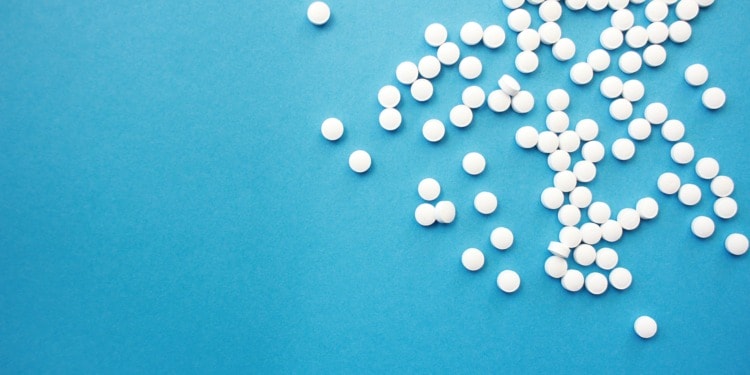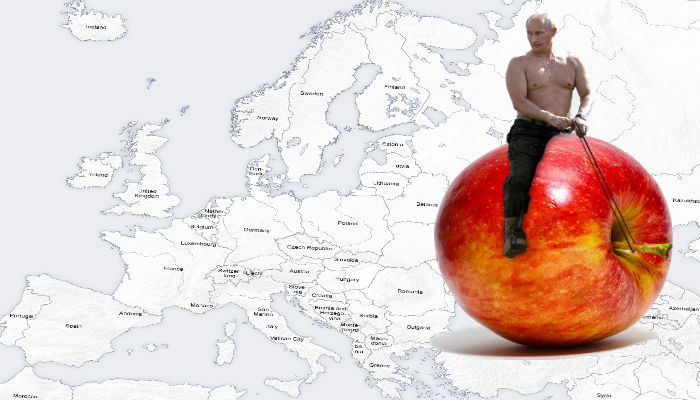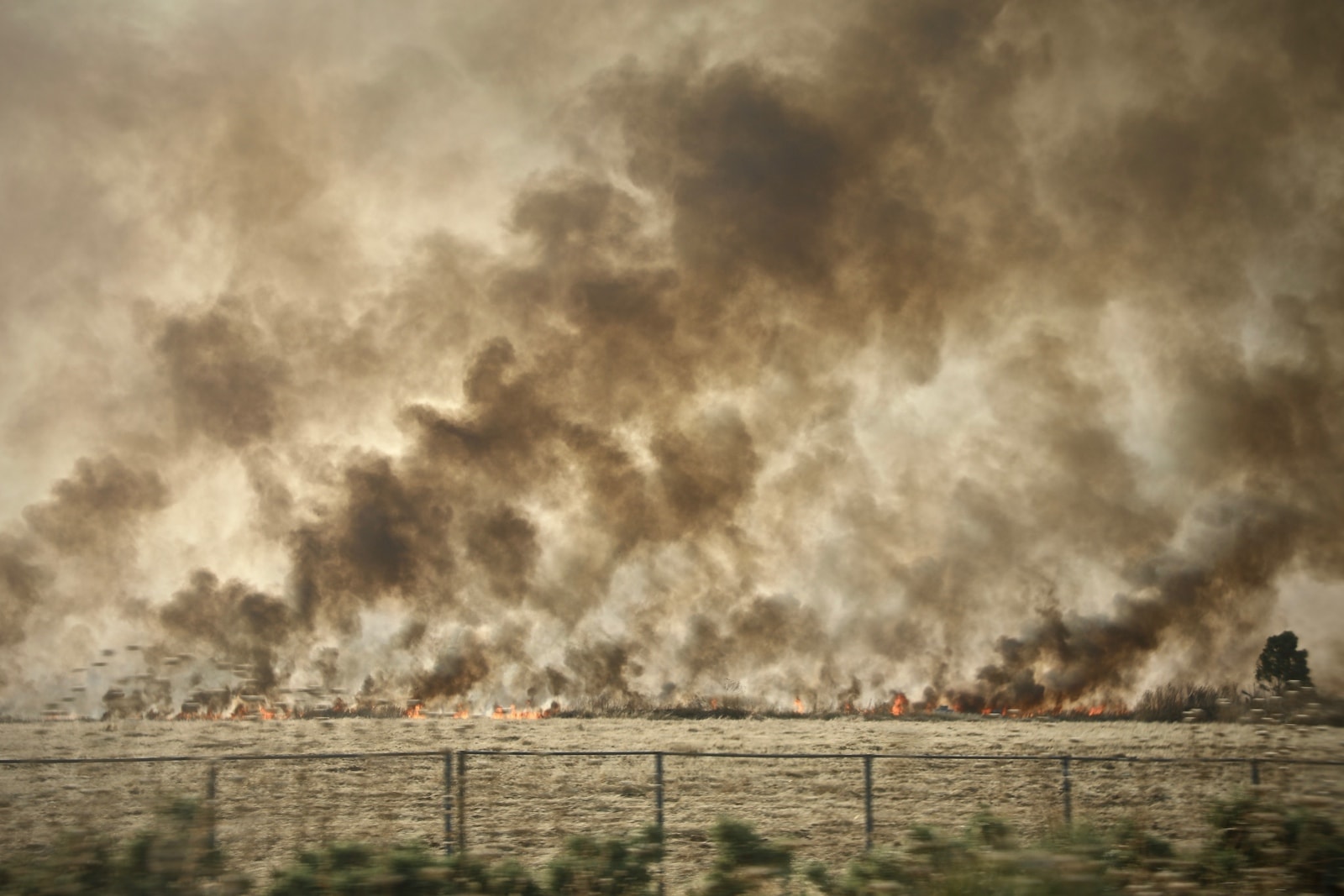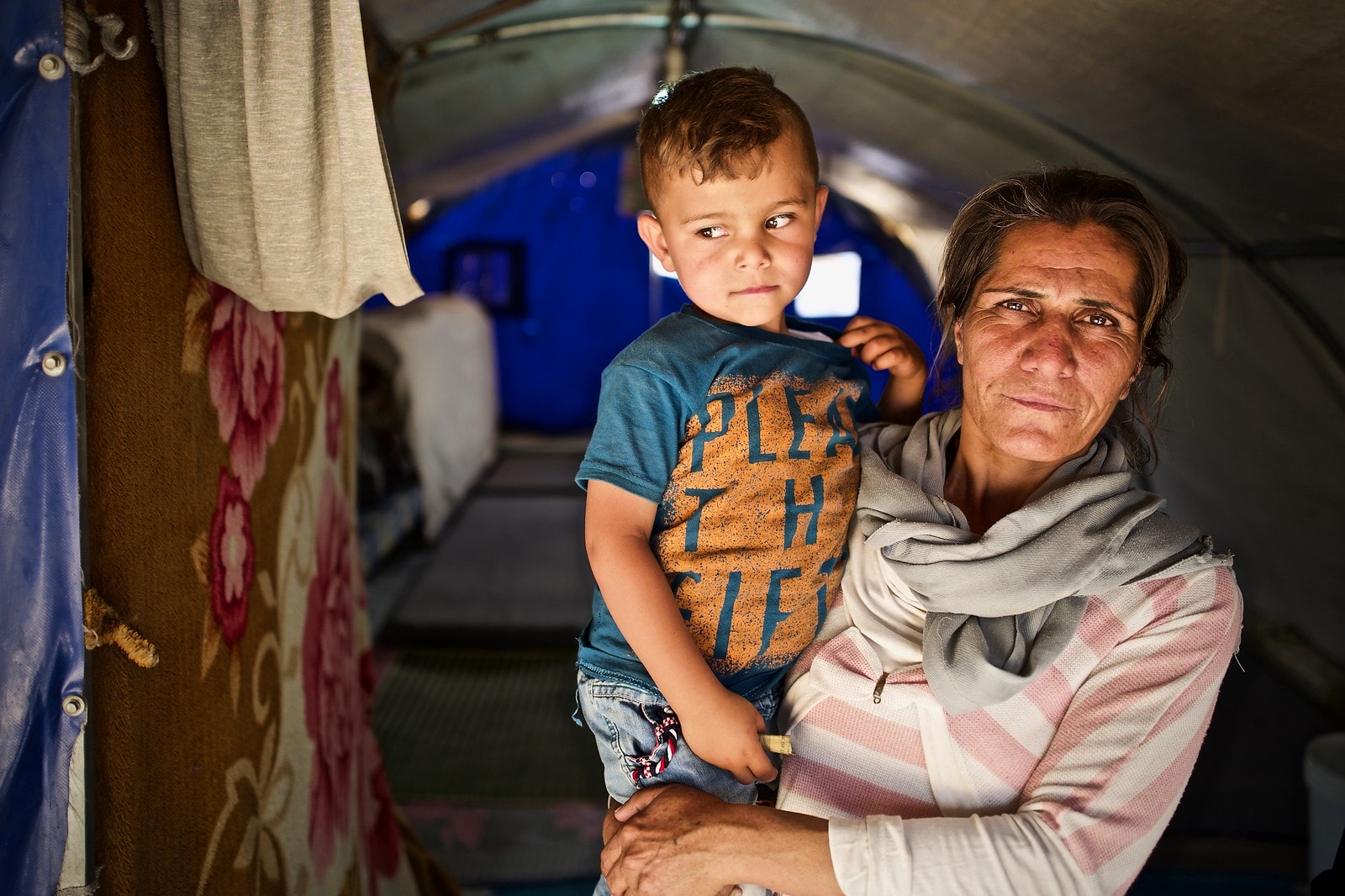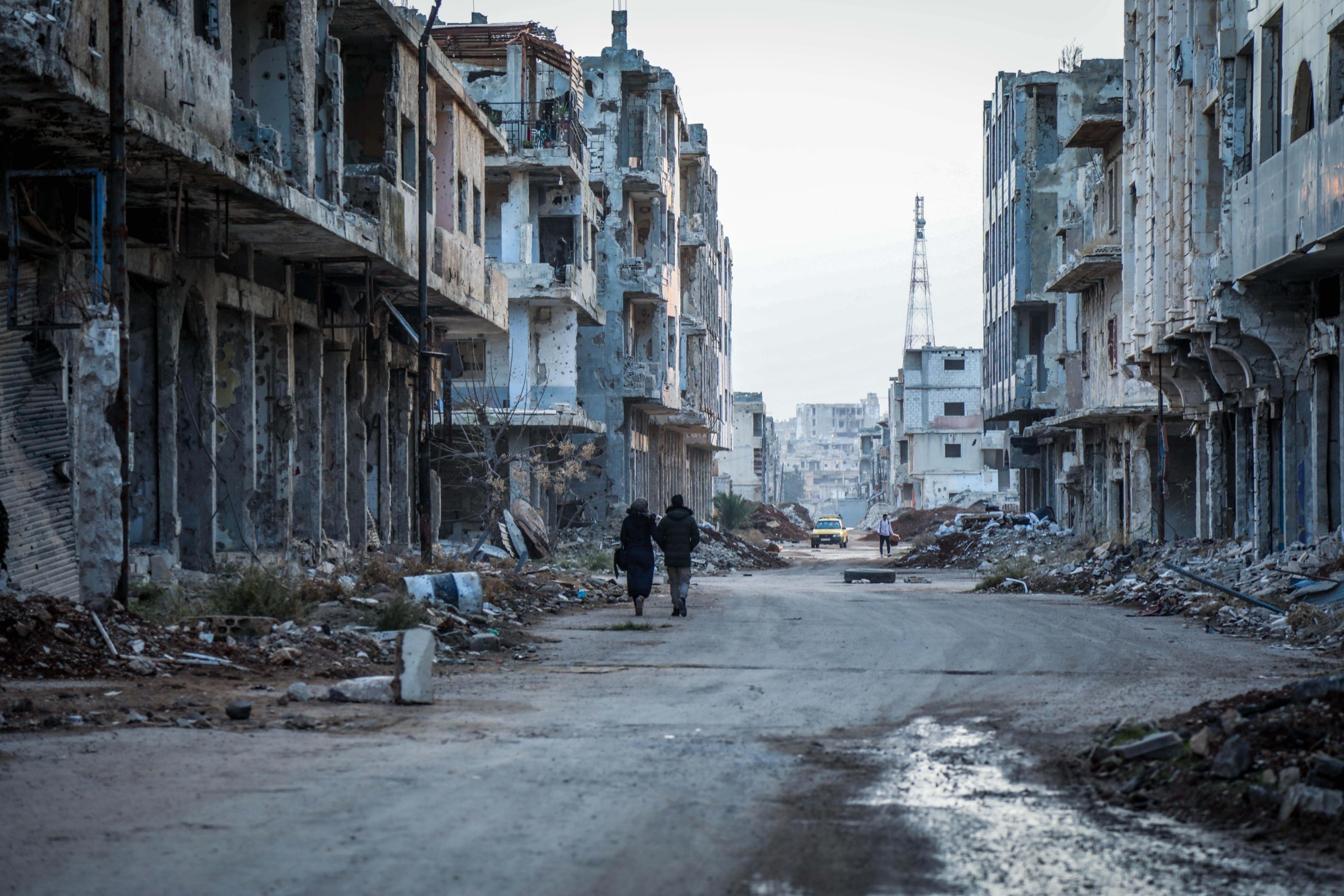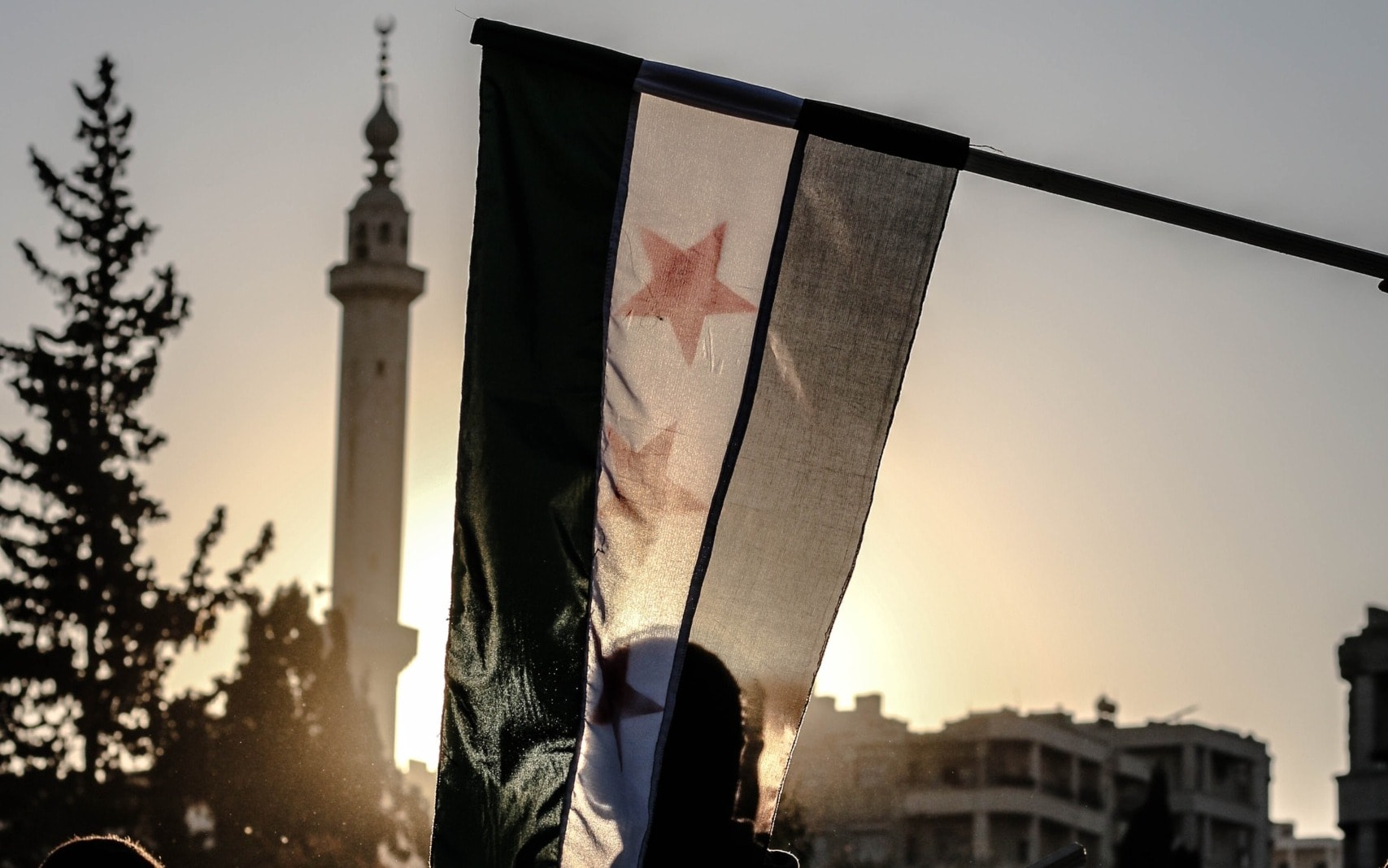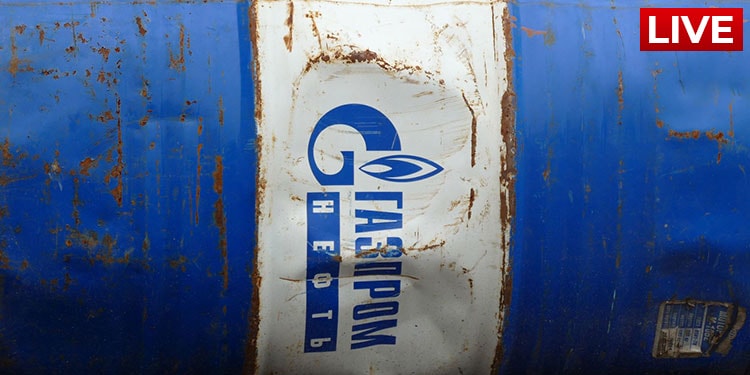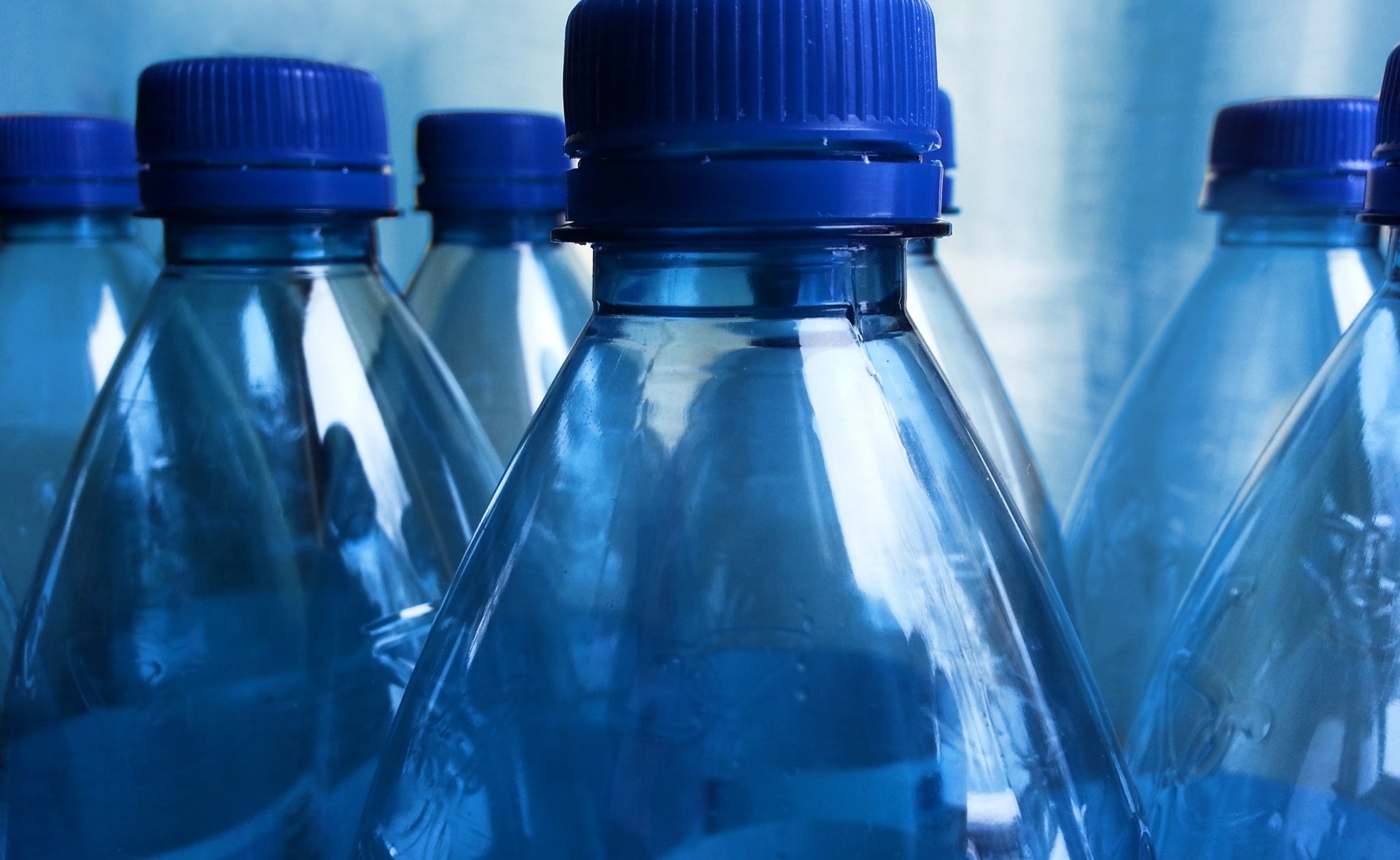The US and UK have sanctioned multiple Syrian and Lebanese individuals, including two cousins of Syria’s President Bashar al-Assad, for their role in producing and distributing the drug Captagon.
Syria has become the world’s largest producer of the amphetamine, providing an important revenue source for the Syrian government and corrupt officials.
Impakter explores what the drug is and how it is benefiting the Syrian government.
What is Captagon?
Popular in the Middle East, Captagon is a stimulant sometimes described as “poor man’s cocaine.”
Originally produced and sold as a legal drug in Europe from the 1960s. It was prescribed for a huge range of conditions like attention-deficit hyperactivity disorder, abulia, brain injuries, depression, and narcolepsy. It was meant to be a smart drug with less side effects and a lower chance of addiction compared to other similar drugs.
However, after its dangers became more clear, Captagon was widely banned. It continued to be produced as an illegal drug in Eastern Europe during the 1980s, but after the end of the cold war production moved to the Middle East as the new eastern European democracies launched crackdowns on its production.
A synthetic drug, Captagon primarily contains amphetamine combined with adulterants such as caffeine and other additives. Sometimes methamphetamine is added to the pills as well. The amount of amphetamine and list of additives varies greatly.
Poorer quality and less pure pills are normally sold in Syria, while better quality drugs are smuggled out of the country.
Why is it made in Syria?
Captogan has been used in Syria for decades and underground production existed before the civil war started in 2011. With the advent of war creating power vacuums, weakening rule of law, destroying Syria’s economy, and causing the advent of countless non-state actors, Captagon production thrived.
It was initially associated with jihadist groups like the Islamic State, with claims it was taken as a stimulant before combat.
However, as the war continued to take a toll on the Syrian economy and the pockets of the Assad family and the businessmen close to them, the Syrian regime soon became involved in the trade. Initially, with tacit support as a way to gain funding from levies on drug manufacturers and smugglers.
Now, the Syrian regime is the primary actor in the production and distribution of Captagon.
#SPOTLIGHT: @CarolineRose8 of @NewlinesInst breaks down the #Hezbollah & #Syrian regime connection with illicit #Captagon trade. Read more here: https://t.co/WFRY94AgXe pic.twitter.com/UAblnRpqR3
— Arab News (@arabnews) March 31, 2023
What is the Syrian regime’s role in the trade?
With the Syrian economy in tatters after 12 years of war and sanctions, Captagon is now Syria’s biggest export.
At least $3.5 billion of Syria-made Captagon was seized around the world in 2020, more than four times Syria’s legal annual exports of $800 million.
The following year, nearly $6 billion was seized.
The production and distribution of Captagon provide crucial funds for the government in foreign currency. For the affluent businessmen with ties to the Assad family it provided a new way to stay rich after more legal business practices became unsustainable due to the war.
According to a report by the Newlines Institute, “[e]lements of the Syrian government are key drivers of the Captagon trade, with ministerial-level complicity in production and smuggling.”
The trade is used by the government as “a means for political and economic survival amid international sanctions.”
Related Articles: After 12 Years of War in Syria, Protection of Civilians ‘Remains an Illusion,’ UN Says | Earthquake: Wrong Aid Comes to Syria | How 12 Years of War Destroyed Syria’s Forests
Production facilities have evolved to large-scale industrial sites found across government-controlled parts of Syria, including along the borders with Lebanon and Jordan, near ports in Latakia province and even near the capital Damascus.
Producing the drug near border crossings and ports allows shipments to be smuggled out more quickly and cheaply. Drugs have long been smuggled into Lebanon, with help from the Assad-allied Hezbollah which operates in both Syria and Lebanon.
Jordan has been an increasingly common smuggling route, with Jordanian authorities seizing increasingly larger shipments and engaging in gun battles with smugglers on the border.
Last month Jordanian troops arrested one smuggler and seized 20,000 Captagon pills after a gunfight with smugglers. The rest of the smugglers fled back to Syria after suffering casualties.
In the country, a Captagon epidemic has been ruining lives. Drug offences are now the most common type of crime committed in the country, with cases rising rapidly over the past decade.
The use of government controlled ports is the other key way drugs are smuggled out of Syria.
A $1 billion dollar hail of Captagon seized by Italian authorities in 2020 was shipped from Syria. Other shipments have made it as far away as Hong Kong and Malaysia.
What is Syria’s notorious 4th Division and how is it involved?
The 4th division is an army within an army.
Headed by Maher al-Assad, the brother of Syria’s President, they were responsible for crushing peaceful protests at the start of the Syrian uprising and have been involved in some of the civil war’s most important battles.
Beyond just a military force, according to New Lines Institute they have now ”evolved into an amorphous and complex network that has infiltrated almost every sector of Syria’s state and society”.
As well as formal military units, the 4th division also controls various militias, raises its own funds through the war economy, and has extensive ties with various warlords and businessmen.
Amongst their many illegal practices, they are a key actor in the Captagon trade. They control production facilities and border points necessary for smuggling.
The fourth division was named multiple times in the US announcement of sanctions. Hassan Muhammad Daqqou — known as the king of Captagon and one of the individuals sanctioned by the UK and US — is closely linked to the 4th division.
.@StateDeputySpox: Today, the U.S. took action in coordination with the UK to designate key individuals supporting the regime of Syrian President Bashar al-Assad and the production or export in Syria and Lebanon of a dangerous amphetamine-type stimulant known as Captagon. pic.twitter.com/Ackr2HwveB
— Department of State (@StateDept) March 28, 2023
What danger does Captagon pose?
While many take Captagon as a stimulant, either to party or work harder, its negative health effects are numerous. Its addictive nature and risk of causing changes in brain function, increased risk of stroke, increased blood pressure, chance of overdosing and other side effects risk the health of users.
The fact that it is commonly mixed with other drugs and additives including toxic chemicals only heightens the risk.
The increased production and smuggling of Catagon pose increasing challenges to law enforcement agencies, primarily in the Middle East but increasingly further afield in Europe and Southeast Asia.
Inside Syria, there have been multiple instances of clashes between different groups and militias involved in the trade.
Beyond the direct dangers posed by the drug to users and law enforcement, the nature of the Syrian government’s involvement in the trade means the country has transformed into a narco-state. The production and trade of Captagon help to fuel a government and its business elite that have been accused of countless war crimes and crimes against humanity.
The illicit captagon trade is a financial lifeline for Bashar al-Assad's regime and fuels instability in the Middle East.
Today 🇬🇧 and 🇺🇸 have sanctioned individuals facilitating the manufacture and trafficking of the drug. pic.twitter.com/9BFOGSo9Ub
— The Lord (Tariq)Ahmad of Wimbledon KCMG (@tariqahmadbt) March 28, 2023
What are the UK and US doing?
Since mid-2019, the production and smuggling of Captagon has increased exponentially.
This year millions of pills have already been seized in Saudi Arabia and Iraq, UAE and other countries.
The scale of Syria’s drug trade is believed to rival that of the Mexican drug cartels.
The US and UK sanctioned multiple individuals for their role in the trade on March 28. The US sanctioned six Syrian and Lebanese figures, including Samer al-Assad and Wassim al-Assad — cousins of Syria’s President. Also sanctioned was a former rebel commander who now leads a government militia.
The UK went further, sanctioning 11 businessmen, politicians and militia commanders all linked to the Syrian government.
Speaking on the sanctions Lord Ahmad of Wimbledon, the UK Minister of State for the Middle East said: “The Assad regime is using the profits from the Captagon trade to continue their campaign of terror on the Syrian people.”
“The UK and US will continue to hold the regime to account,” Lord Ahmad added.
In December last year, the US also put into place the Captagon Act which stated that “the Captagon trade linked to the regime of Bashar al-Assad in Syria is a transnational security threat” and called for an interagency plan to combat the threat from Captagon.
After years of increasing complicity in the Captagon trade, Syria now has the regrettable moniker of a narco-state. While the US and UK have finally taken some action against this, the chance of forcing the Assad regime to give up their biggest export remains slim.
Unless something is done, Syrian people and others throughout the Middle East affected by the trade will continue to pay the price.
Editor’s Note: The opinions expressed here by the authors are their own, not those of Impakter.com — In the Featured Photo: Scattered pills. Featured Photo Credit: Hal Gatewood.


